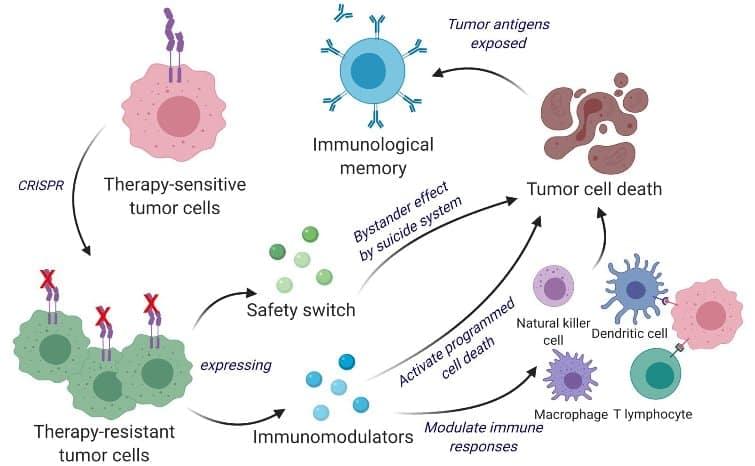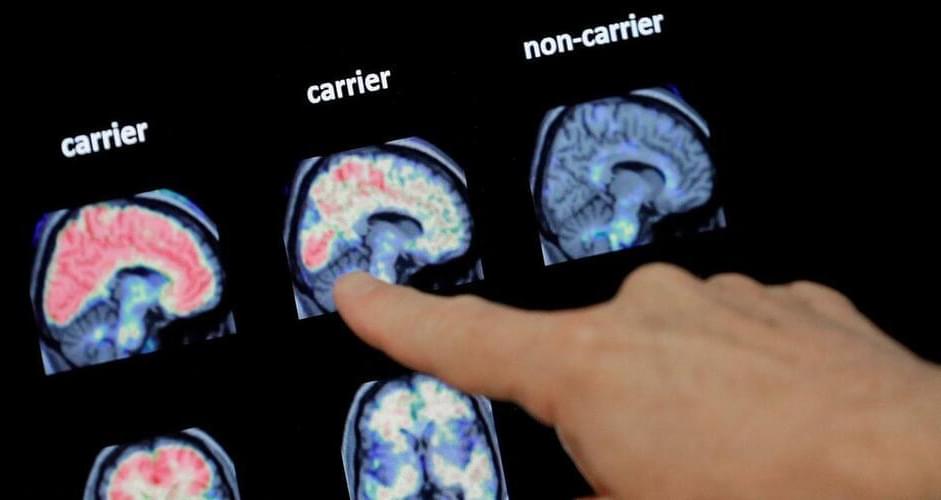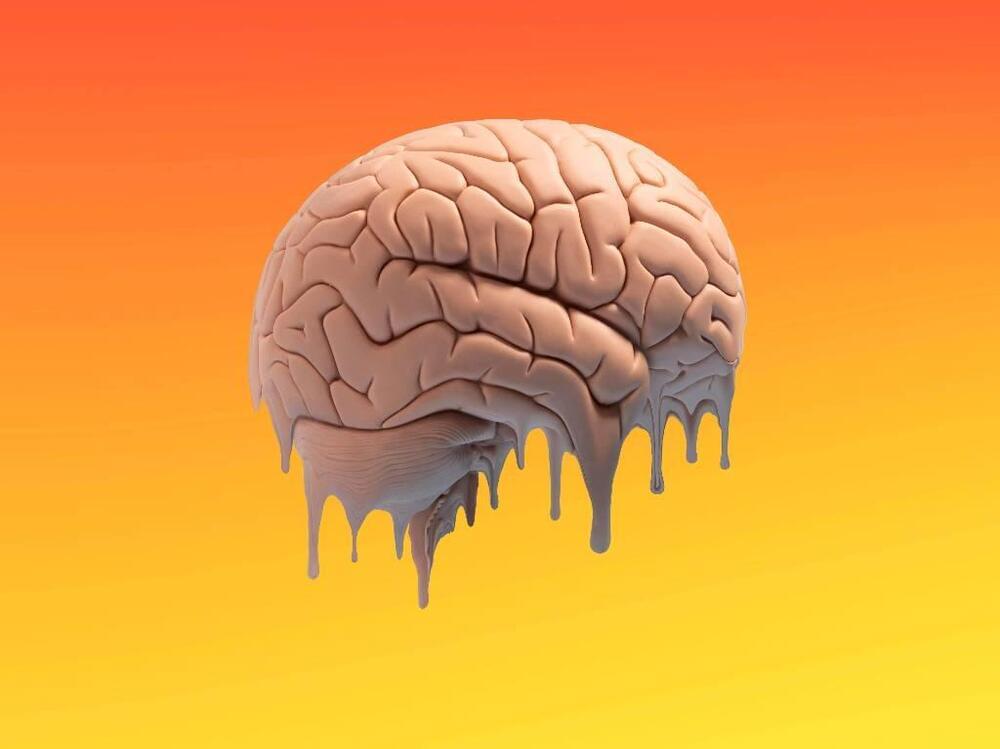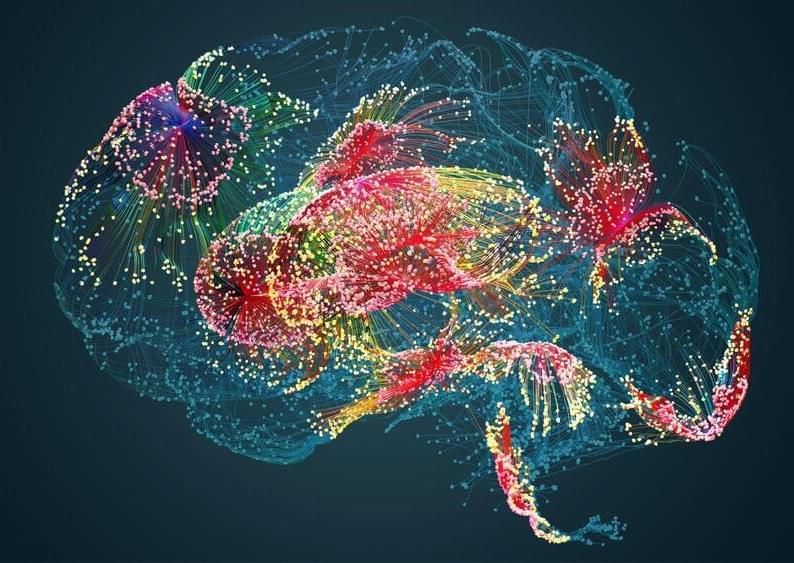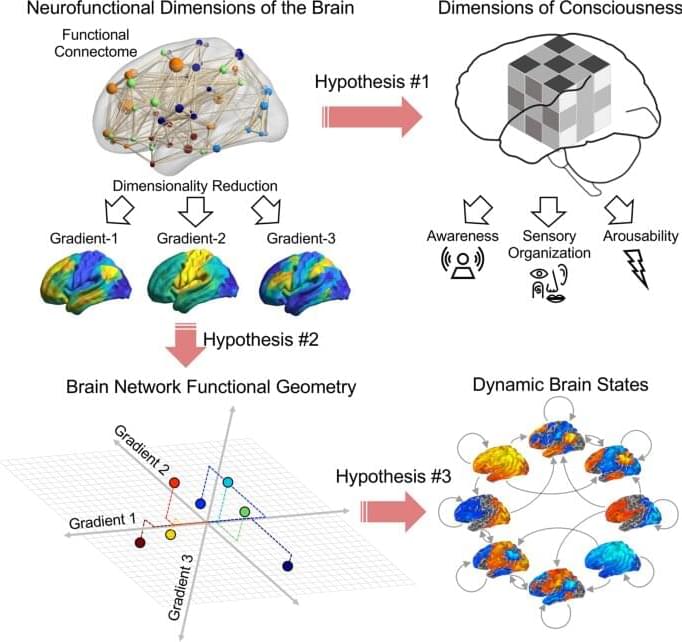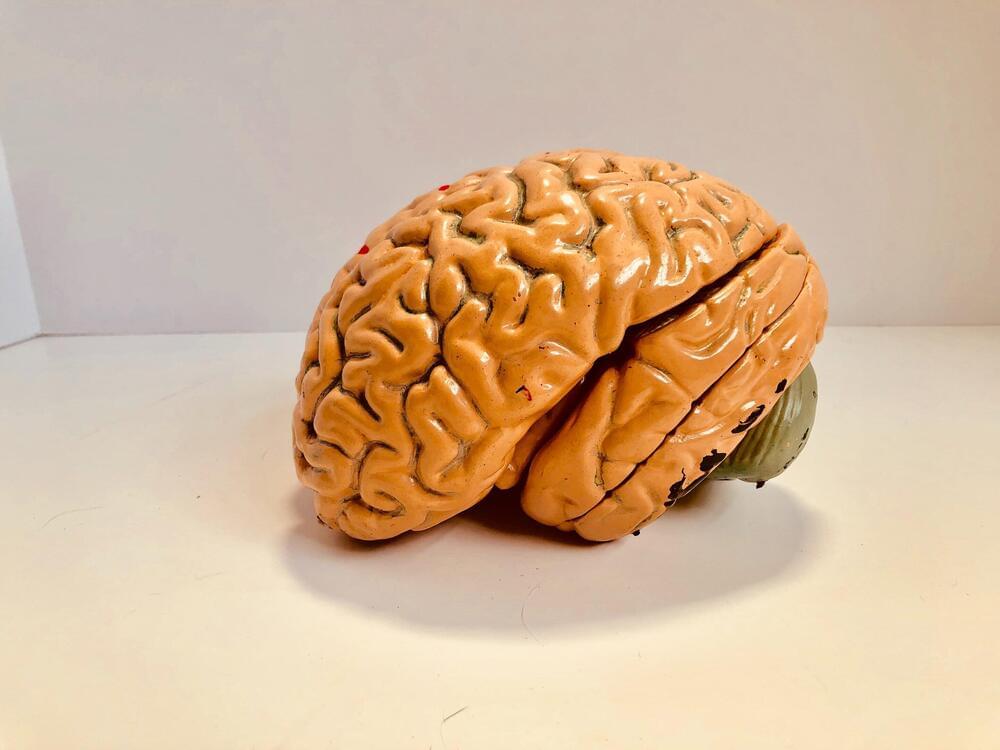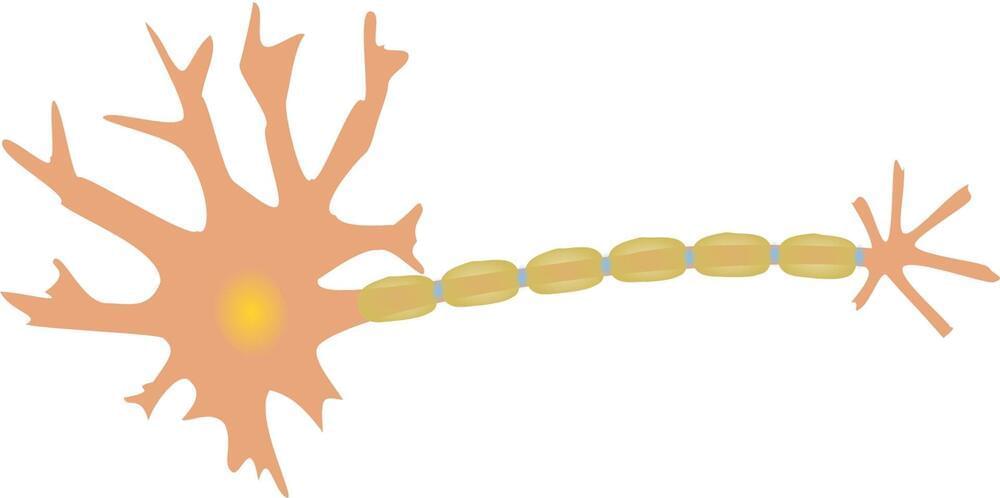The Connectome and Connectomics: Seeking Neural Circuit Motifs
Talk Overview: The human brain is extremely complex with much greater structural and functional diversity than other organs and this complexity is determined both by one’s experiences and one’s genes. In Part 1 of his talk, Lichtman explains how mapping the connections in the brain (the connectome) may lead to a better understanding of brain function. Together with his colleagues, Lichtman has developed tools to label individual cells in the nervous system with different colors producing beautiful and revealing maps of the neuronal connections.
Using transgenic mice with differently colored, fluorescently labeled proteins in each neuron (Brainbow mice), Lichtman and his colleagues were able to follow the formation and destruction of neuromuscular junctions during mouse development. This work is the focus of Part 2.
In Part 3, Lichtman asks whether some day it might be possible to map all of the neural connections in the brain. He describes the technical advances that have allowed him and his colleagues to begin this endeavor as well as the enormous challenges to deciphering the brain connectome.
Speaker Bio: Jeff Lichtman’s interest in how specific neuronal connections are made and maintained began while he was a MD-PhD student at Washington University in Saint Louis. Lichtman remained at Washington University for nearly 30 years. In 2004, he moved to Harvard University where he is Professor of Molecular and Cellular Biology and a member of the Center for Brain Science.
A major focus of Lichtman’s current research is to decode the map of all the neural connections in the brain. To this end, Lichtman and his colleagues have developed exciting new tools and techniques such as “Brainbow” mice and automated ultra thin tissue slicing machines.
